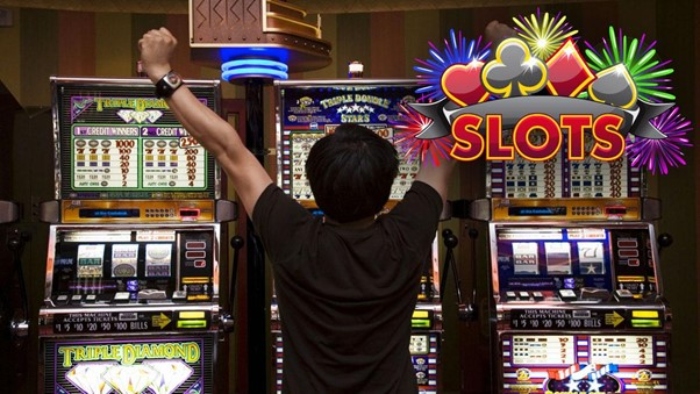In the vast landscape of modern entertainment, few phenomena hold the same allure as slot 777 gaming. Whether it’s the dazzling lights, the rhythmic symphony of spinning reels, or the promise of instant riches, slot machines have become an integral part of the gambling industry and popular culture alike. Yet, beneath the surface of flashing lights and catchy tunes lies a complex interplay of psychology, design, and human behavior.
A Symphony of Sensory Stimulation
Step onto the floor of any bustling casino, and you’re immediately enveloped in a sensory feast. Bright colors, hypnotic sounds, and tactile feedback all work in harmony to captivate players and draw them into the world of slot gaming. But what exactly is it about these sensory experiences that keeps players coming back for more?
Visual Stimuli:
Slot machines are meticulously designed to catch the eye and hold attention. Vibrant colors, intricate themes, and dynamic animations create a visually stimulating environment that appeals to our innate sense of curiosity. From the allure of ancient civilizations to the excitement of outer space, the diversity of themes ensures that there’s something for everyone, drawing players deeper into the gaming experience.
Auditory Cues:
The auditory component of slot gaming is equally crucial. Each spin is accompanied by a symphony of sounds – the clinking of coins, the whirring of reels, and the triumphant jingle of a jackpot win. These auditory cues serve to heighten anticipation and reinforce positive associations, creating a Pavlovian response that keeps players engaged.
Tactile Feedback:
In the realm of digital gaming, tactile feedback plays a significant role in enhancing the user experience. The sensation of pressing a button or pulling a lever triggers a sense of agency and control, further immersing players in the gameplay. Even in the absence of physical buttons, the touchscreen interfaces of modern slot machines provide a tactile experience that mimics the sensation of traditional mechanical slots.
The Power of Reinforcement
At the heart of slot gaming lies the principle of operant conditioning – the process by which behavior is strengthened through rewards or punishments. Slot machines are expertly engineered to deliver intermittent reinforcement, wherein players are sporadically rewarded for their actions. This reinforcement schedule is highly effective at sustaining behavior over the long term, as players are constantly chasing that next big win.
Variable Rewards:
Unlike traditional forms of gambling, where the outcome is determined by skill or strategy, slot gaming relies primarily on chance. This element of randomness is integral to the allure of slots, as it creates a sense of unpredictability and excitement. Each spin represents a new opportunity to hit the jackpot, keeping players engaged and eager to continue playing.
Near Misses:
One of the most potent psychological techniques employed by slot machines is the use of near misses. These occur when the symbols on the reels align in such a way that they almost form a winning combination, but fall just short. Despite technically being a loss, near misses activate the same reward pathways in the brain as actual wins, leading players to believe that they were “close” to hitting the jackpot and encouraging them to keep playing in pursuit of that elusive win.
The Role of Cognitive Biases
In addition to the sensory and psychological elements at play, slot gaming is also influenced by a variety of cognitive biases that shape our decision-making processes.
Gambler’s Fallacy:
The gambler’s fallacy is the mistaken belief that past events influence future outcomes in a game of chance. In the context of slot gaming, this may manifest as players erroneously believing that a machine is “due” for a win after a series of losses, leading them to continue playing in the hopes of reversing their luck.
Illusion of Control:
Many players fall prey to the illusion of control, whereby they believe that they possess a greater degree of influence over the outcome of the game than they actually do. This may lead players to develop superstitious rituals or strategies, such as touching specific parts of the screen or varying their bet amounts, in an attempt to exert control over the game’s outcome.
